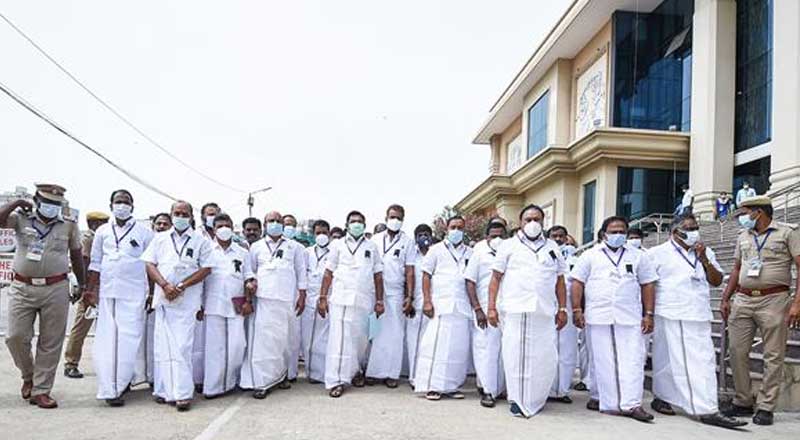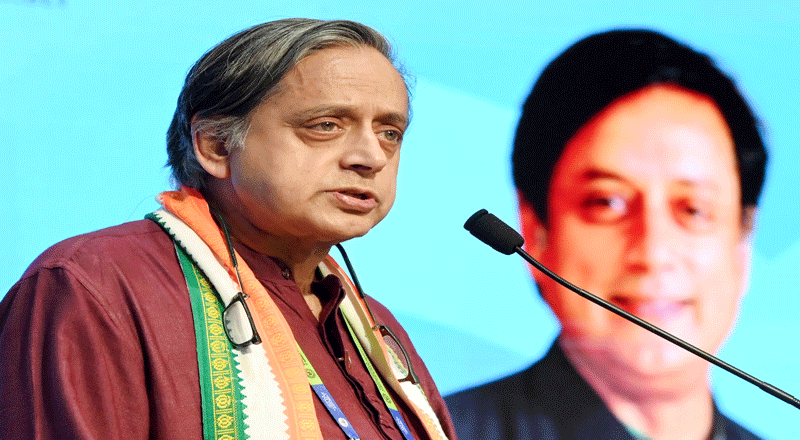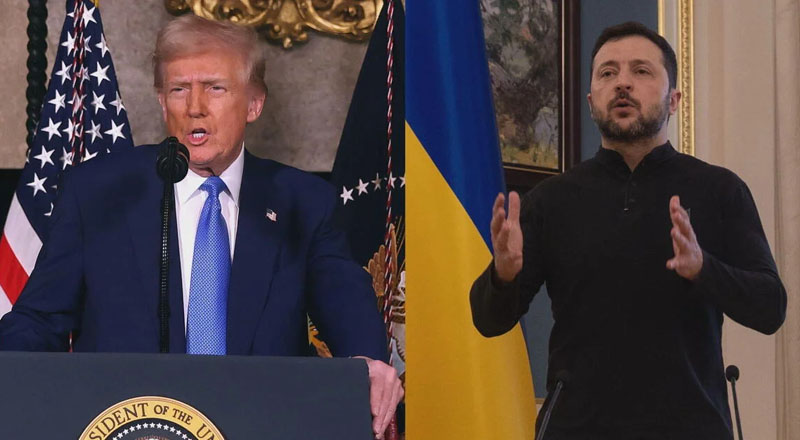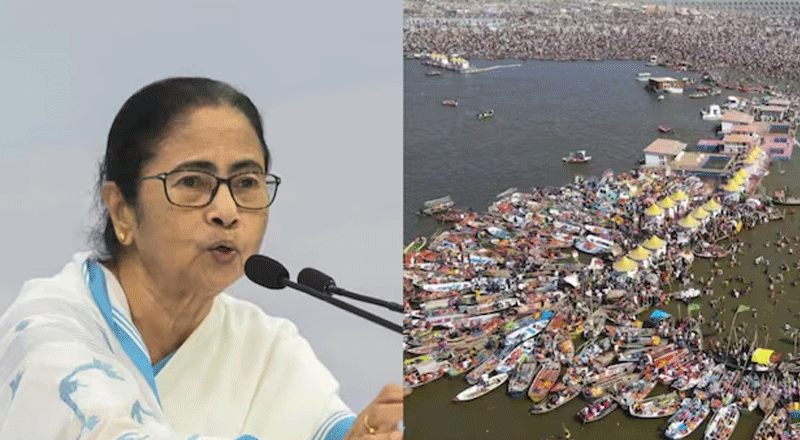The Tamil Nadu Assembly has passed a Bill to restore the medical admissions mechanism that existed in the state before the introduction of NEET. Earlier, the Opposition AIADMK, blamed the DMK government for several student suicides due to the unfulfilled promise of cancelling the National Entrance-cum-Eligibility Test.
The Bill allows for admissions to undergraduate courses in medicine, dentistry, Indian medicine and homoeopathy on the basis of class 12 marks, besides providing for 7.5 per cent horizontal reservation for the students of government schools in medical admission.
The Bill said the NEET “festers inequality, as it favours the rich and more privileged class of society who are able to afford special coaching, apart from pursuing class 12”.
While the opposition AIADMK supported the move, the BJP protested against the bill by staging a walkout. BJP’s Nainar Nagenthiran insisted NEET had its benefits like increased pass percentage.
Introducing the Bill, Chief Minister M K Stalin said the state government is moving this legislation, saying that admissions to “medical education courses are traceable to entry 25 of List III, Schedule VII of the Constitution”.
The Bill was drafted on the basis of recommendations from a state appointed high-level committee by Justice A K Rajan to look at various aspects and impact of NEET. It also looked into “whether the NEET is an equitable method for selection of students and also to consider the effect of mushrooming NEET coaching centres on the educational system in the state”.
“The committee recommended that the state government shall pass an Act, like Tamil Nadu Admission in Professional Educational Institutions Act, 2006 (Tamil Nadu Act 3 of 2007),” Stalin said in the Assembly. “Medical admissions based on the qualifying examination will in no way lower the standard of education, since the higher secondary syllabus is of sufficient standard,” he said.
The government’s move to enact the law was to ensure social justice, uphold equality and equal opportunity, protect all vulnerable student communities, and ensure a robust public healthcare in the state that caters to the rural areas as well.
The committee said students of government schools, those with a family income of less than Rs 2.5 lakh per annum, and those from Most Backward Classes, SCs and STs were affected due to the NEET system.





